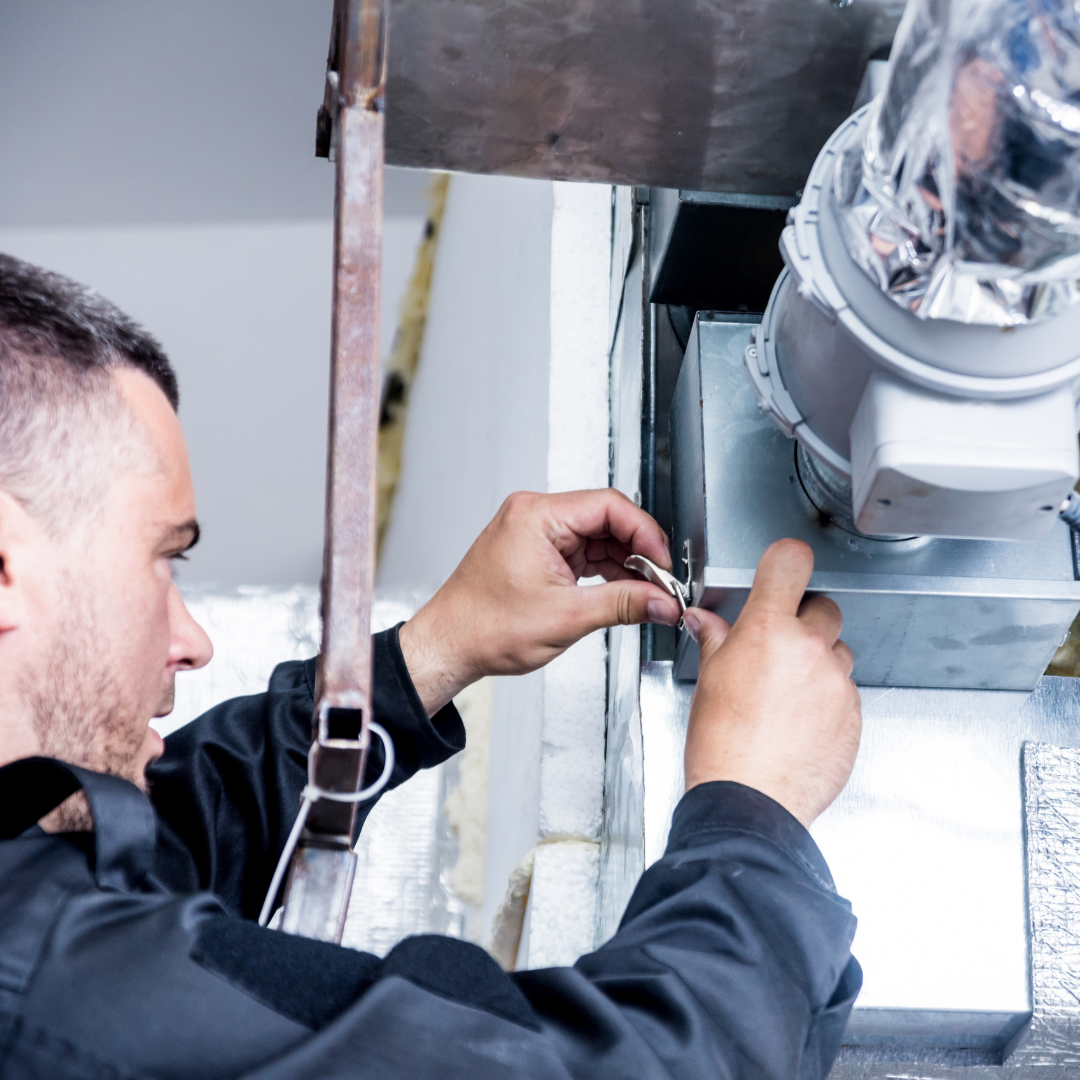The HVAC industry is expected to grow to $35 billion during the next decade. Why? It’s never been more vital to feel at ease in your own house.
Though HVAC systems aren’t the only house systems that influence homeowners’ comfort, there are steps homeowners can do to keep their central air and heating systems running well.
People put off house repairs and maintenance for two reasons: time and money. But there’s another cause, and it’s a hidden threat: not understanding why HVAC maintenance is so necessary.
If you haven’t had your HVAC system serviced in a while, are purchasing a new house, or want a second opinion, an HVAC inspection is a good place to start. Continue reading for the HVAC inspection checklist that every house should have.
What is an HVAC Inspection Checklist?
A house will eventually start communicating to you in unexpected ways. When symptoms appear, your comfort at home may be jeopardized. Don’t wait until you’re in discomfort to find out what’s wrong with your HVAC system.
HVAC is an acronym for heating, ventilation, and air conditioning. Learning about HVAC inspections before you get one does the following:
- Assists you in choosing a reliable HVAC business.
- It helps you make decisions about HVAC maintenance or replacements.
- Urges you to make important questions
- Explains how an HVAC professional works both inside and outside the home.
- Prepares you for the best possible maintenance and preventative care.
What Types of HVAC Inspections Are Available?
Most HVAC contractors do three general HVAC checks, although they may go by different names.
HVAC TUNE UP
Your HVAC inspection might also be referred to as an HVAC tune-up. These tune-ups come after a thorough evaluation of your air conditioner and heater. We recommend them for your heater in the fall and your air conditioner in the spring. A comprehensive examination combined with maintenance may frequently prevent problems.
HVAC REPAIR
When your HVAC system isn’t adequately cooling or heating, HVAC contractors come out to evaluate it and determine the problem. Because this type of inspection is focused on resolving the issue, it is usually not as thorough as a tune-up session.
HVAC INSPECTION
HVAC inspections include a complete detailed audit of the equipment’s age, how it was installed, how it performs, and any recommendations for repairs or enhancements. These inspections are ideal for HVAC second opinions as well as homeowners trying to purchase or sell a house. It is frequently more comprehensive than a typical house inspection.
A qualified HVAC technician is an expert who can advise you on the likelihood of future repairs for your system. Because your HVAC system investment is only second to your home’s roof, a complete inspection provides homeowners with the information they need when assessing the health and durability of an HVAC system.
What HVAC Symptoms Do You Have?
Before the inspection begins, note out all the following points to your HVAC professional. Which of the following have you made or can you share?
- Is there any recent maintenance?
- Any repairs made during the previous 10-15 years
- High energy costs
- inconsistency in airflow
- In winter and summer, there is discomfort.
- There are more allergy symptoms than normal.
- Odors or noises that are unusual
- Problems with the thermostat
A house is meant to be your safe haven when it comes to environmental health problems. Poor air quality and circulation not only reduce your comfort, but they also offer serious health risks.
Breathing in dust, mold, and other indoor pollutants is harmful to everyone, including those who do not have allergies. There is no need for your house to be a source of infection for your immune system.
You don’t have to understand what any of these symptoms mean. That is our responsibility. When you detect and report them, your HVAC professional can determine the best course of action. Call us today for all your HVAC needs.


